
Mulberries and Raspberries: Everyday Superfoods for Liver Health, Eye Care, and Kidney Support
Did you know that mulberries and raspberries—two common fruits—are actually a powerful duo for health and wellness?
These small berries are packed with benefits, from supporting liver function and improving vision to enhancing kidney health and boosting immunity. They may even help slow aging and improve sleep quality.
Many young people today experience dry eyes, blurry vision, fatigue, and dull skin due to frequent late nights and excessive screen time. Others suffer from lower back pain, frequent nighttime urination, and overall weaknesscaused by declining kidney function.
If you relate to these symptoms, consider adding mulberries and raspberries to your diet.
Doctors recommend keeping them at home as they are affordable, easy to find, and simple to use—whether for brewing tea, making porridge, or incorporating into baked goods.
So, what makes these two berries so special? How do they help support liver function, eye health, and kidney vitality?
Mulberries – The “Holy Fruit” for Liver and Eye Health
Mulberries have long been regarded as a nutritional powerhouse. In traditional Chinese medicine, they are valued for their ability to nourish the liver and kidneys, generate fluids, and relieve dryness.
According to The Compendium of Materia Medica, a classic Chinese medical text:
"Mulberries nourish the liver and kidneys, generate fluids, and relieve dryness."
Modern studies confirm that mulberries are rich in anthocyanins, resveratrol, vitamins, and minerals, which help protect eyesight, regulate blood sugar and cholesterol levels, and slow aging.
Many people who spend long hours staring at screens find that eating mulberries helps reduce eye strain and improve vision clarity. This is due to anthocyanins, which enhance retinal function and reduce visual fatigue.
Raspberries – The “Longevity Fruit” for Kidney and Reproductive Health
Raspberries, often referred to as the "longevity fruit", have been used in traditional medicine for centuries. They are considered a top-tier kidney tonic.
The Shennong Ben Cao Jing, one of the earliest Chinese medical texts, states that raspberries can:
"Strengthen the kidneys, reduce frequent urination, and improve vision."
Modern research has found that raspberries are loaded with flavonoids, ellagic acid, and vitamins C and E, making them excellent antioxidants that enhance immune function and kidney health.
People who experience lower back pain, frequent nighttime urination, and fatigue may benefit significantly from including raspberries in their diet.
How Mulberries Support Liver and Eye Health
In traditional Chinese medicine, the liver is closely linked to eye health. A well-functioning liver ensures bright and healthy eyes, while liver imbalances can lead to redness, dryness, and eye strain.
Modern science supports this connection. Mulberries contain anthocyanins and resveratrol, which help detoxify the liver, neutralize harmful free radicals, and protect against age-related vision decline.
Research also shows that polyphenols in mulberries improve microcirculation in the eyes, boosting retinal antioxidant capacity and reducing the risk of presbyopia, glaucoma, and macular degeneration.
How Raspberries Strengthen Kidney Function
The kidneys are the body’s powerhouse, responsible for growth, energy levels, and overall vitality. When kidney function declines, it can lead to memory loss, chronic fatigue, hair thinning, frequent urination at night, and decreased libido.
Raspberries act as a natural kidney tonic, supporting kidney energy, hormone production, and urinary function.
Studies have shown that the flavonoids in raspberries stimulate the adrenal glands, improving endurance and reducing fatigue. Long-term consumption balances the nervous system, leading to better focus, improved stamina, and enhanced vitality.
How to Incorporate Mulberries and Raspberries into Your Diet
Both mulberries and raspberries can be brewed into tea, cooked in porridge, added to baked goods, or even infused into wine.
- Tea: Add 5–10g of dried mulberries and raspberries to hot water and let steep. For added benefits, mix with goji berries, red dates, or chrysanthemum flowers.
- Porridge: Add mulberries and raspberries to rice porridge for a nourishing and naturally sweet dish. This is especially beneficial for those with poor vision, kidney deficiency, or chronic fatigue.
- Baking: Fresh mulberries and raspberries can be incorporated into muffins, cakes, or smoothies for a delicious and healthy boost.
Real-Life Success Stories
A young graphic designer who frequently worked late nights suffered from dry, tired eyes and blurry vision. His doctor recommended drinking mulberry and raspberry tea daily. After three months, his eye strain had noticeably improved, and he was waking up feeling more refreshed.
A middle-aged man who experienced chronic lower back pain and frequent nighttime urination started incorporating raspberries into his diet. After a few months, his energy levels significantly increased, and he no longer felt exhausted in the mornings.
Doctor’s Advice for Maintaining Liver and Kidney Health
- Incorporate mulberries and raspberries into your daily routine—whether in tea, porridge, or baked goods. Consistency is key.
- Avoid excessive late nights—staying up too often damages the liver and weakens the kidneys. Aim for a regular sleep schedule.
- Eat a balanced diet—limit oily, spicy, and processed foods, which can overburden the liver and kidneys.
- Stay active—gentle exercises like Tai Chi, yoga, and brisk walking help improve blood circulation and organ function.
- Manage stress levels—excessive anger and emotional stress can affect liver health and digestion.
Final Thoughts
Mulberries and raspberries may be small, but their health benefits are powerful. Instead of waiting until health problems arise, why not start incorporating them into your diet today?
By making these simple additions to your daily routine, you can support liver function, enhance vision, and strengthen kidney health—leading to a healthier and more vibrant life.
News in the same category

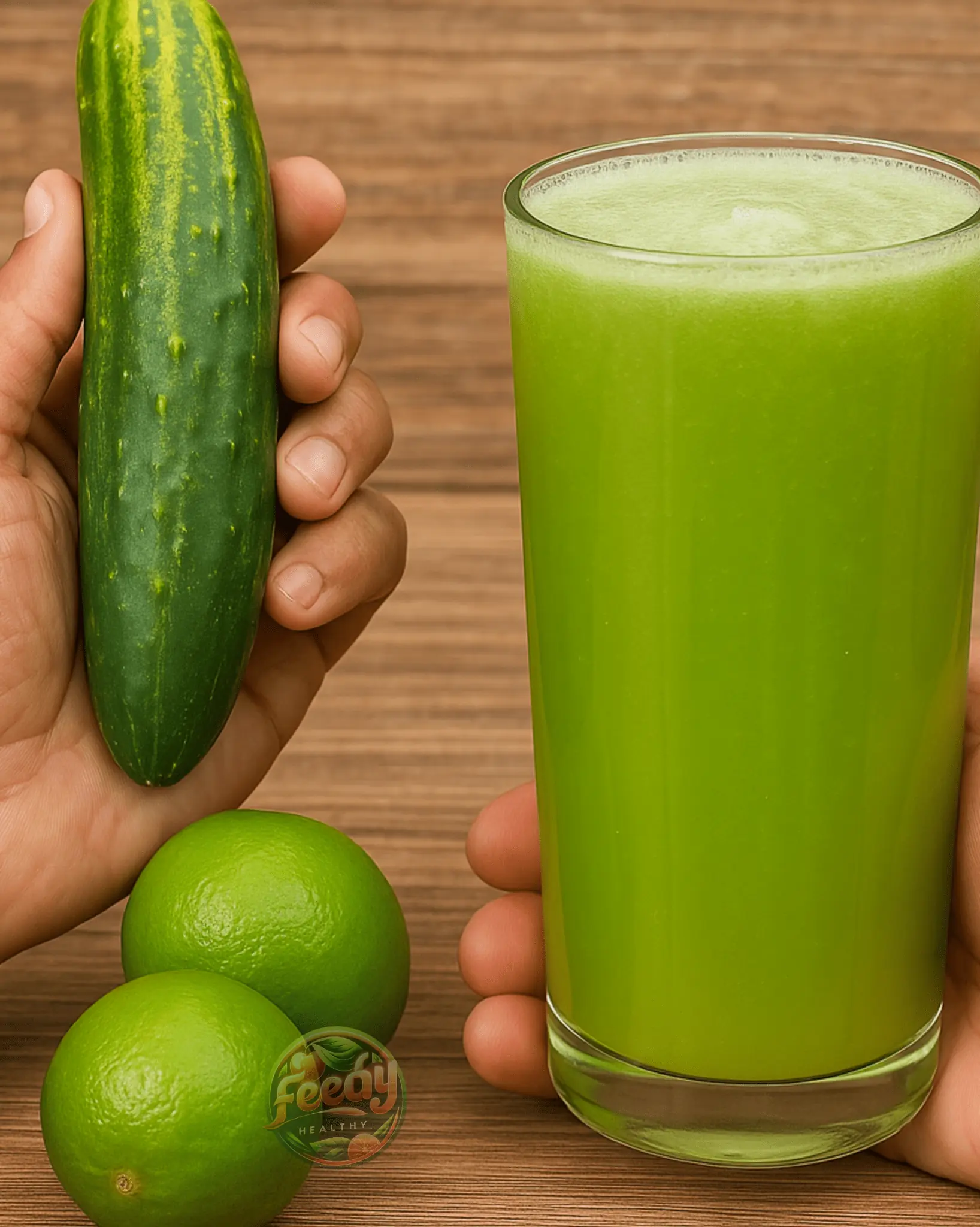
Eliminates bloated belly, clears urinary infections, and cleanses fatty liver.

The Most Dangerous Sleeping Position: What You Didn’t Know

5 Things Doctors Say You Should Never Give Your Kids to Help Prevent Cancer

5 Foods Dubbed “Vacuum Cleaners” for the Lungs: Eat Them Regularly to Cleanse Your Lungs

Research Reveals: Regularly Eating Fried Eggs in the Morning Can Bring 4 Major Health Benefits

Why Do Your Hands Go Numb? Signs and Solutions to Improve Your Health

Silent Symptoms of Anemia You Should Never Ignore

12 Silent Signs of Cancer You Shouldn't Ignore

How to Cure Sciatic Nerve Pain: A Guide to Natural Remedies
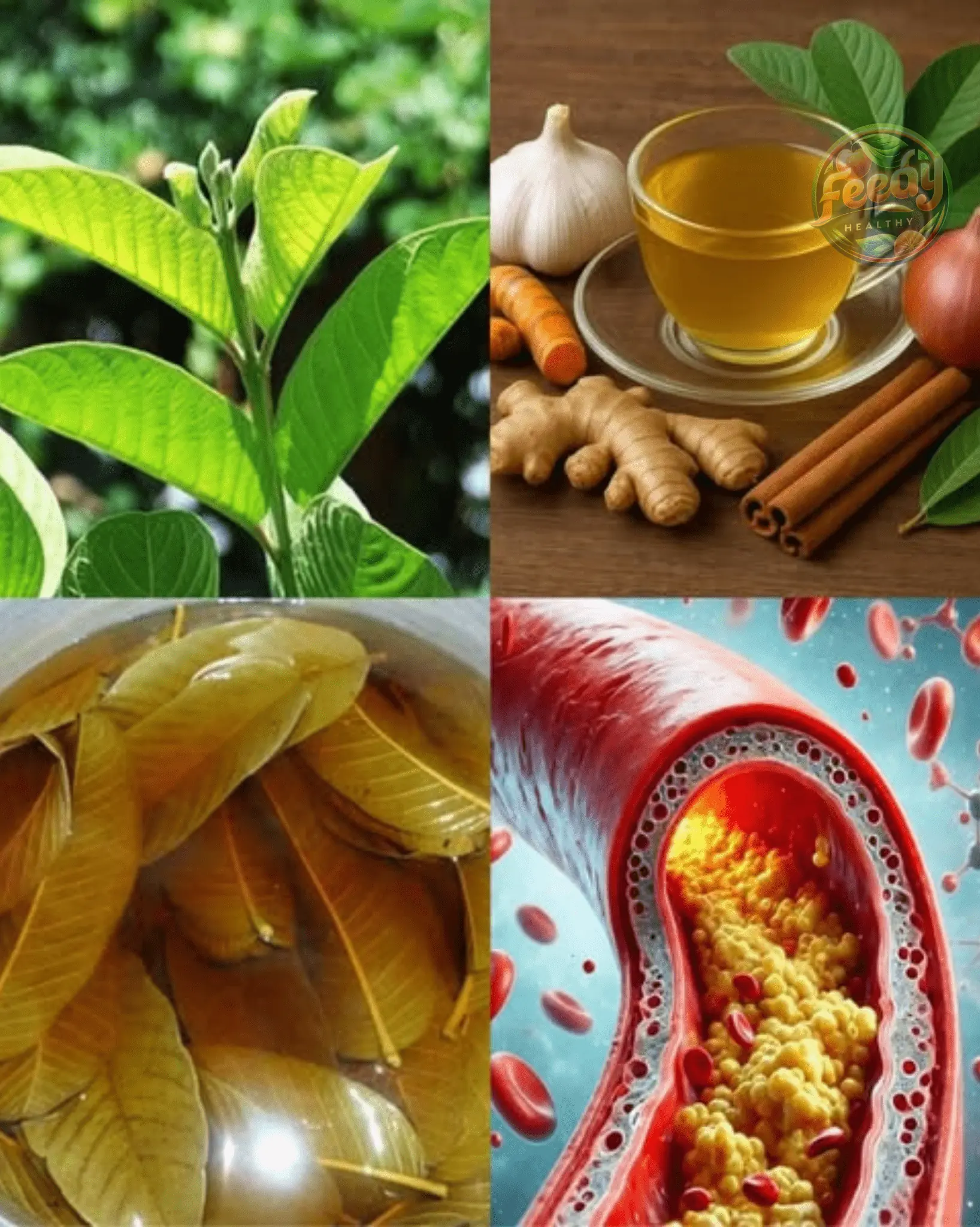
Onion and Peels: Natural Remedies for Bladder and Prostate Health

8 Signs You Have Too Much Sugar in Your Body

Signs and Management of Common Groin Skin Issues

Discover the Unexpected Health Benefits of Cinnamon
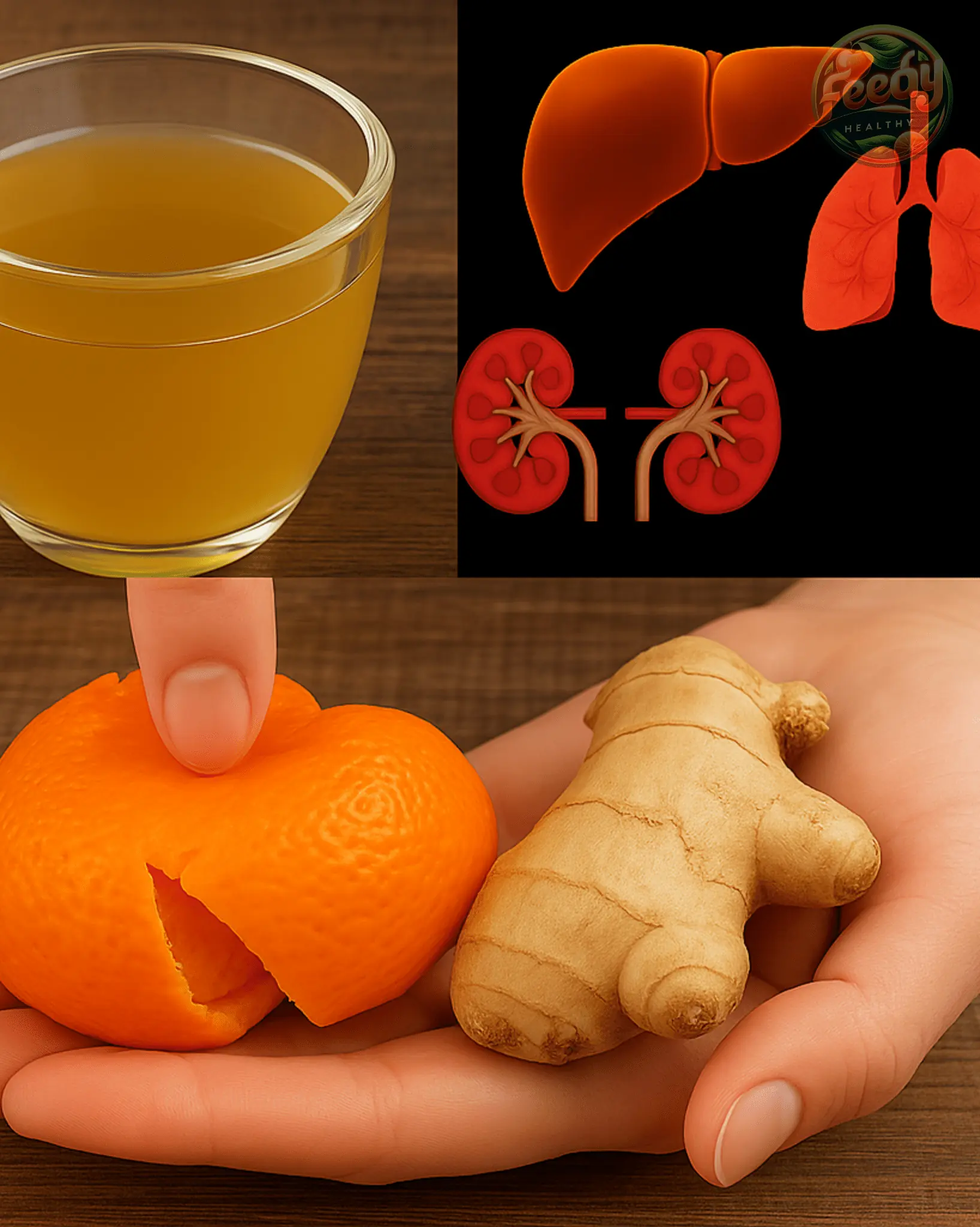
Unveiling Nature’s Detox Secrets: Gently Cleanse Your Kidneys, Liver, and Lungs

Why Kidney Failure Is Striking The Young—And How To Stop It
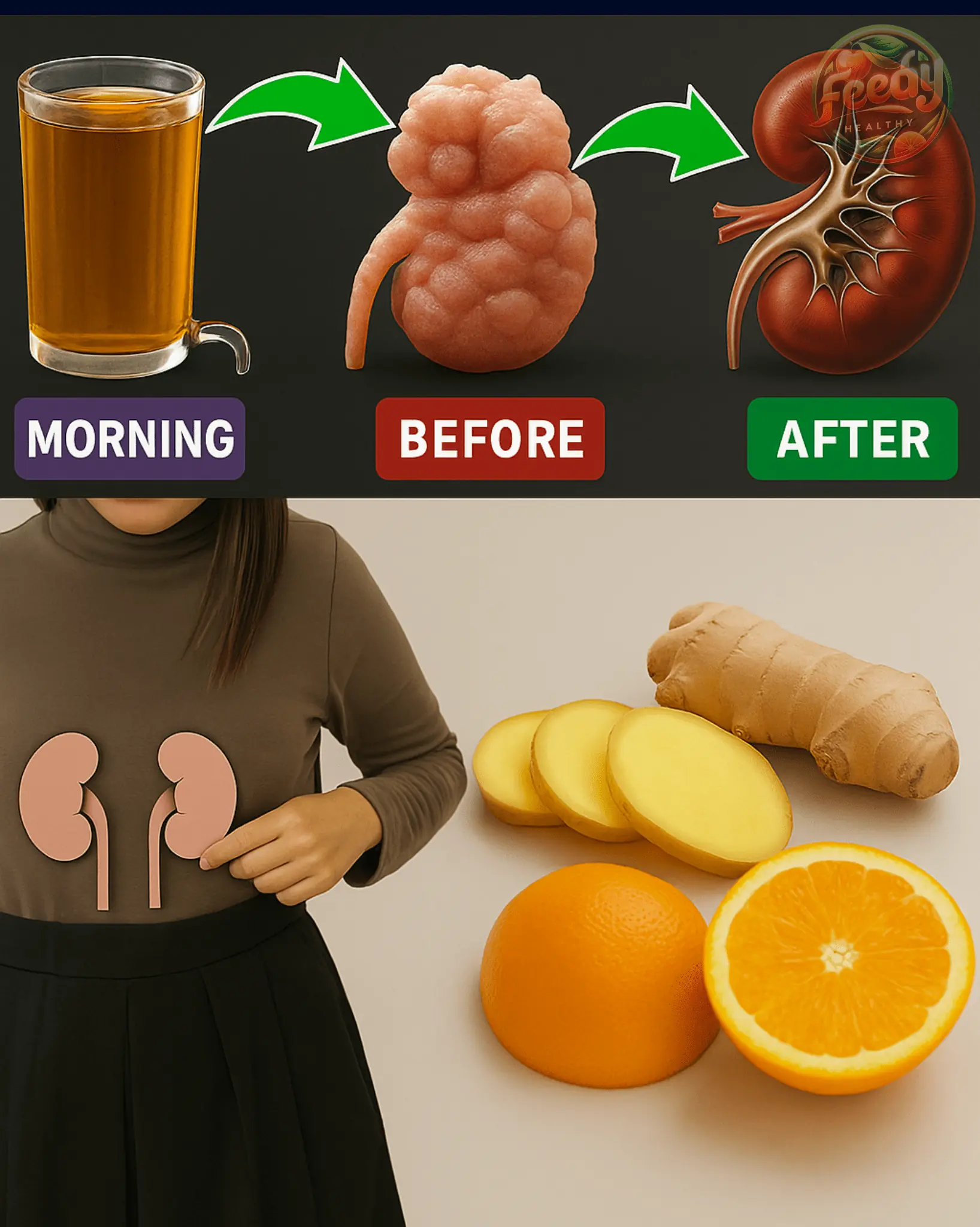
Tangerine and Ginger: The Detox Duo You Didn’t Know You Needed

If You Pee in the Shower: Myths, Facts, and Possible Consequences

If you’re experiencing these four tongue symptoms, they could indicate underlying health conditions.
News Post

The Most Dangerous Sleeping Position: What You Didn't Know

Benefits of Drinking Water on an Empty Stomach: Boost Your Health from the Start of the Day
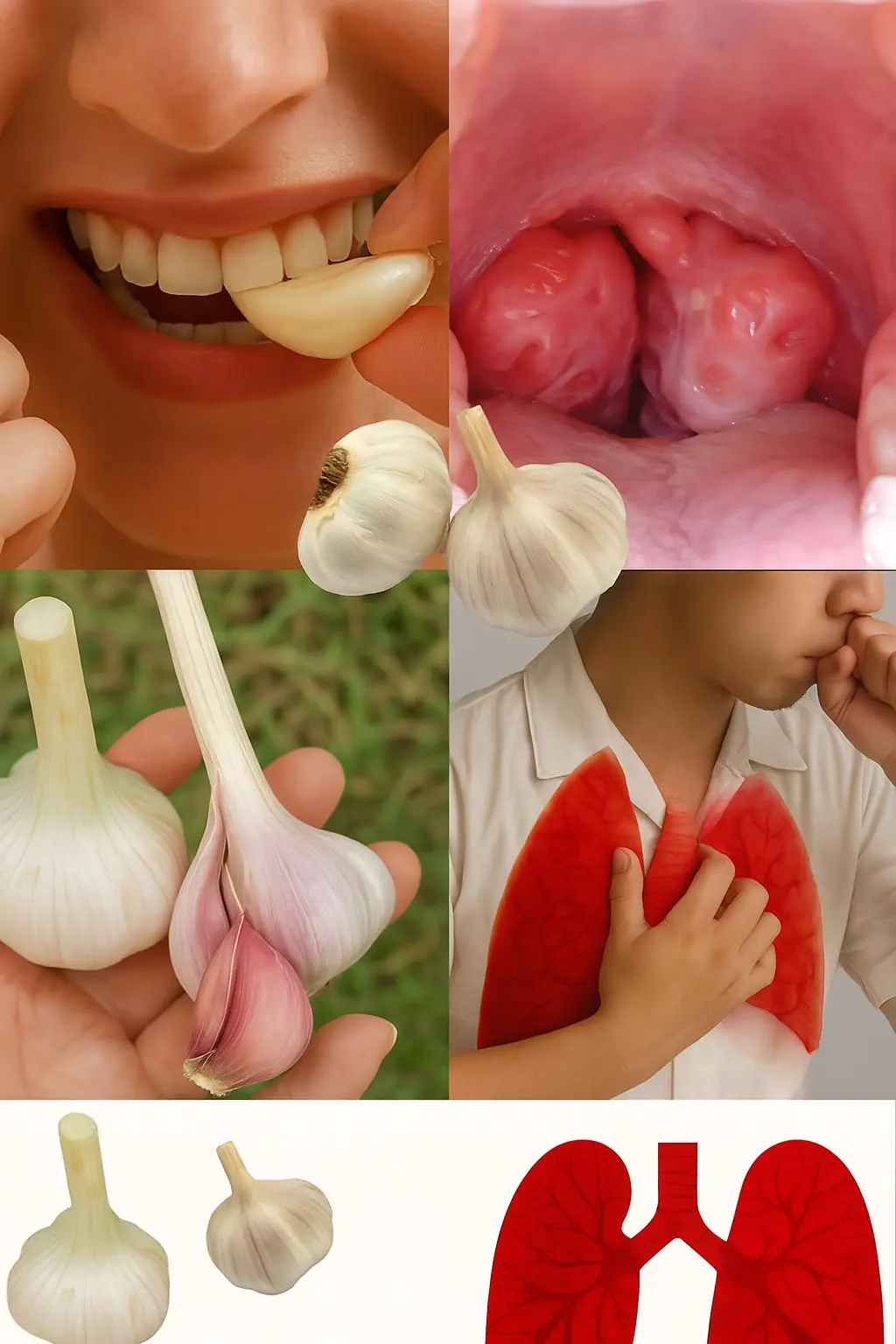
The Benefits of Raw Garlic: A Natural Remedy for Respiratory Health

Benefits of Onion in Water: A Natural Remedy for the Prostate

Eliminates bloated belly, clears urinary infections, and cleanses fatty liver.
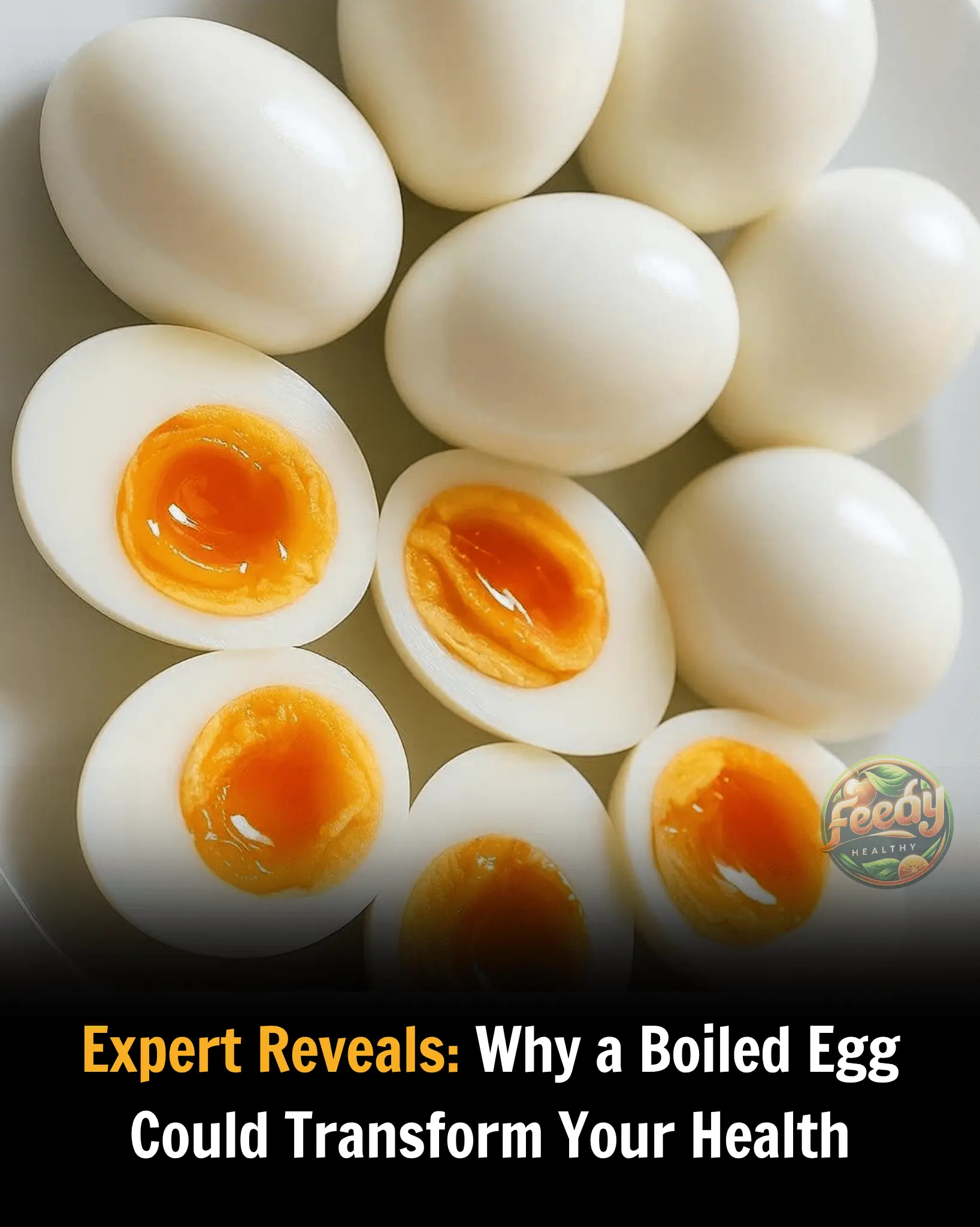
Expert Reveals: Why a Boiled Egg Could Transform Your Health

The Most Dangerous Sleeping Position: What You Didn’t Know

5 Things Doctors Say You Should Never Give Your Kids to Help Prevent Cancer

5 Foods Dubbed “Vacuum Cleaners” for the Lungs: Eat Them Regularly to Cleanse Your Lungs

Research Reveals: Regularly Eating Fried Eggs in the Morning Can Bring 4 Major Health Benefits

The insights your finger length offer about your personality

👸🏻✨ Princess-Inspired Celebration Cake

☕ Ultimate Coffee Lover’s Coffee Cake

💛 Mango Chiffon Cake

The Deadly Beauty of Lake Natron: Where Nature Turns to Stone—And Flamingos Call It Home

Milaf Cola: The World’s First Date-Based Soda Could Revolutionize the Soft Drink Industry

Hungry boy called 911, but what arrived was more than just food

What’s SPAM, really — and what goes into it?

Farting Too Much at Night

